An Aberdeen cafe owner hopes to cash in on a matcha green tea boom after the drink’s moment in the sun on TV show Dragons’ Den.
All five “dragons” made offers for Perfect Ted’s matcha tea product.
Two, Peter Jones and Steven Bartlett, each took a 5% stake in the business.
And the firm’s co-founders, Marisa Poster and Teddie Levenfiche, came away with £50,000.
More popular in summer
BioCafe, on Rosemount Viaduct, Aberdeen, anticipates a surge of interest in the drink following its 15 minutes of TV fame.
“We will keep an eye on it”, owner Iwona Szmid said.
Matcha is already growing in popularity as consumers opt for a shot of caffeine as a pick-me-up, but one which is healthy and whose boost lasts for longer, she added.
Her cafe prides itself on staying on top of trends in the health aspects of vegan and vegetarian diets – and matcha is now firmly part of the mix.
“Matcha is more popular in summertime because it is so refreshing, she said, adding: “People prefer ice matcha in summer but in winter it’s latte; we mix it with the milk of their choice.”
The tea powder has to be imported from thousands of miles away, so it’s not for the faint-hearted cost-wise.
Longer-lasting boost
But those with fairly deep pockets can enjoy a product which is said to reduce anxiety, improve focus and increase energy.
Ms Szmid added: “It is a very good substitute for coffee for people who want to cut caffeine. Matcha gives you a boost – but boosts for longer.
“It definitely has more anti-oxidants and is healthier. If you looking for quick energy, then definitely coffee, but if you want something for longer, then definitely matcha.”
‘It’s the hype’
Ms Szmid, who plans to open a food truck at Aberdeen Beach, admitted the drink is expensive.
“Our organic matcha latte is £3.60 a cup and for milkshake it’s £5:50,” she said, adding: “A small 100g (3.5oz) pouch of matcha can cost £20.
“It’s the hype – when something becomes popular the price is higher.
“It can only be produced in Asia and needs to be transported – that adds to the cost.”
BioCafe – which insists it is not just for vegans or vegetarians – offers a range of free-from foods, with recent menu stalwarts including keto Nutella cheesecake, Mediterranean waffles and falafel souvlaki.
Ms Szmid said: “It’s nice to add something sweet to matcha because of the aftertaste, which might be strong.
“We use 100% matcha powder but some people use a blend, which gives you less taste.”
The “dragons” were practically falling over themselves to grab a piece of Perfect Ted matcha action, with Sara Davies in particular bowled over by the firm’s business pitch.
She said: “If there was ever a case study on how to come in the den and knock it out of the park, you would absolutely epitomise that.”
What is matcha?
According to Denver-based, Bangladeshi-grown organic tea company Teatulia, matcha is “a high-grade green tea ground into powdered form and the green tea powder is whisked into hot water, instead of steeped, to form a frothy drink”.
The meditative act of preparing, presenting, and sipping matcha is the backbone of the Japanese tea ceremony, Teatulia says.
@perfecttedenergy We got a clean sweep on Dragons Den! Watch it now on BBC iPlayer
It adds: “While matcha’s origins are ceremonial, the green tea powder is widely popular around the world in beverages, such as tea lattes or boba tea, and as a cooking ingredient in everything from ice-cream to salad dressing.
“Before there were teapots to steep tea leaves early Chinese custom was to grind tea leaves into a powder, then whip or beat the ground tea in a bowl with hot water.
“While ‘beaten tea’ was later abandoned by the Chinese in favor of steeped tea leaves, the Japanese went on to popularise the method.”
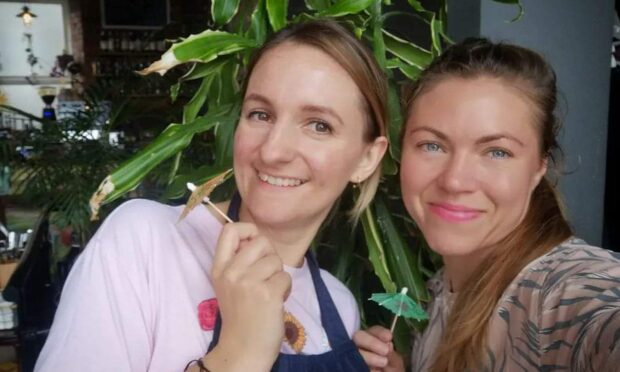

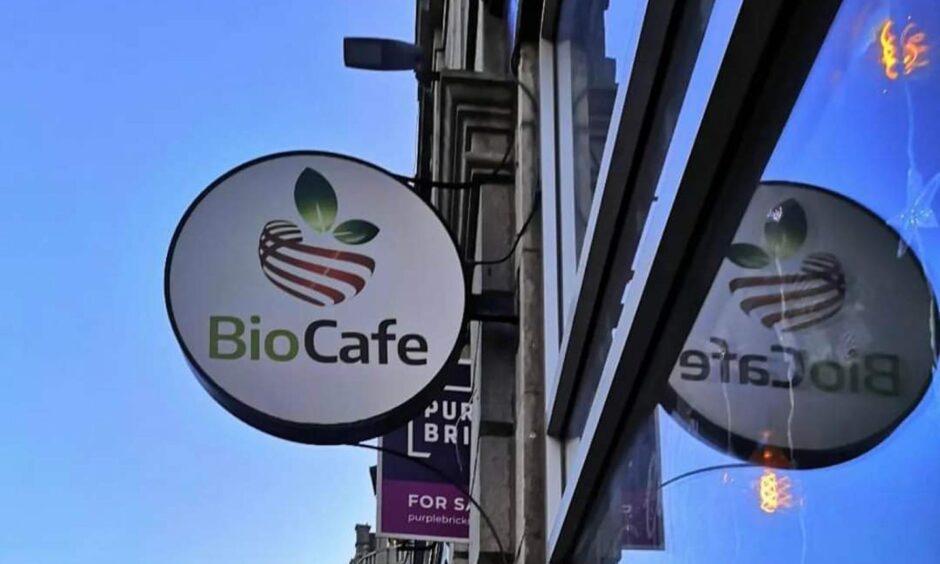
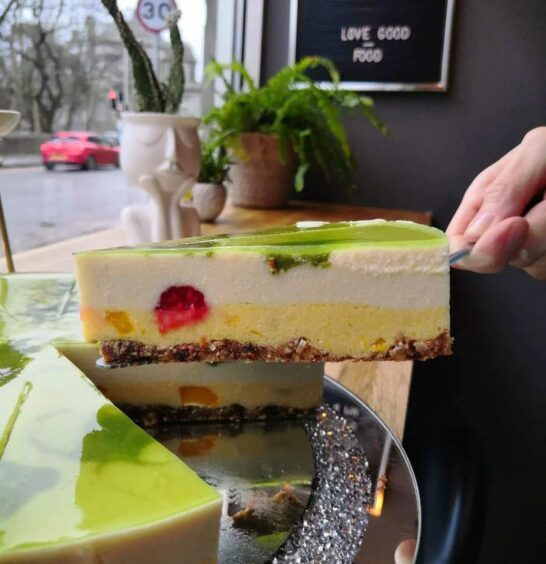
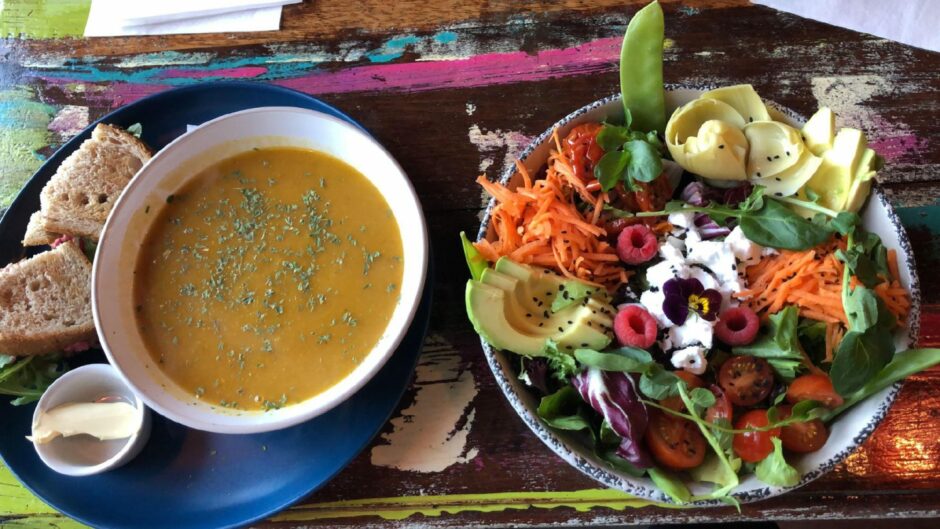
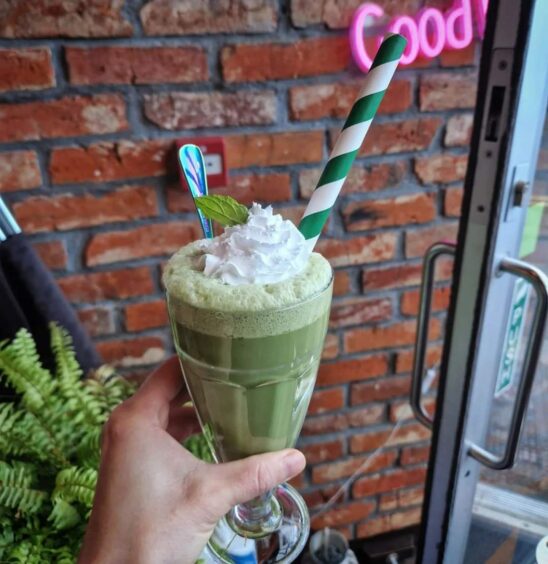
Conversation